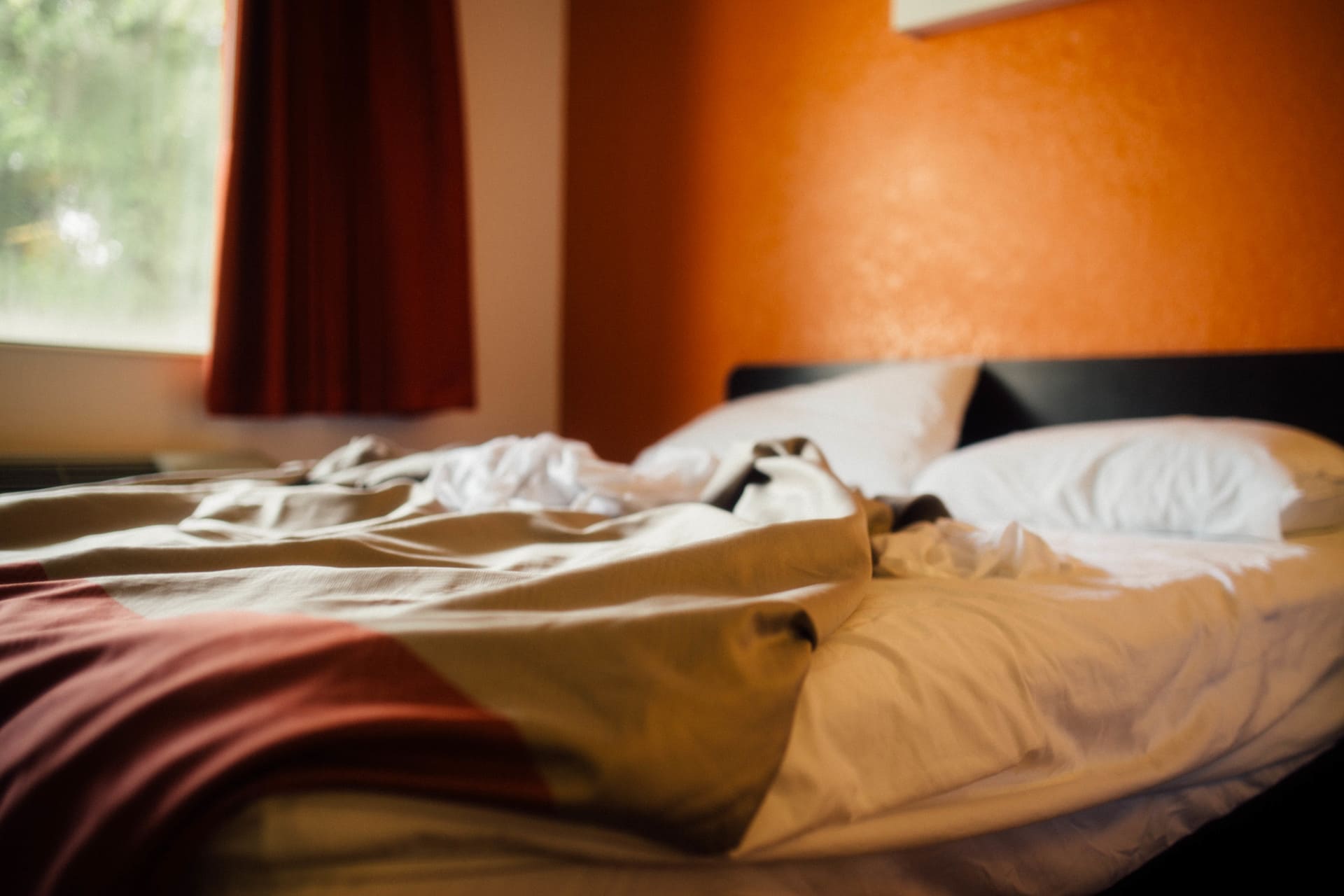Sleep is a very important, yet underestimated factor in achieving and maintaining optimal wellness. Consistently getting good quality sleep is essential for everyone, no matter what age or health status. Many important biological functions happen when you sleep, making it an essential component in making you look and feel your best.
Try these tips to improve your sleep:
- Get enough sleep! The best amount of sleep for most people is somewhere between 7 and 9 hours a night.
- Try to go to bed and wake up around the same time everyday
- The more hours of sleep you get before midnight the more restorative sleep you will get. Aim for a bedtime of no later than 10pm if possible.
- Avoid eating 2 hours before bedtime
- Avoid caffeine intake, especially in the afternoon. Sensitive individuals may consider completely eliminating caffeine.
- Avoid screen time of any kind 1-2 hours before bed (the blue light emitted by screens actually lowers your sleep hormones). You can download f.flux app for phones, iPads, and computer screens that filters out the blue light if you must use a device close to bedtime.
- Do something relaxing before bed like taking an Epsom salt bath with lavender oil, do a meditation, or some deep breathing exercises.
- Make your bedroom as dark as possible and remove or turn off all unnecessary electronic devices (or at least put them as far away from you as possible).
- Exposure to sunlight helps too! The goal is 15-30 minutes of real sunlight per day, ideally in the morning.
- If you cannot get this because of your work schedule or the time zone you live in, then consider getting a 10,000 lux light box and sitting in front of it 15-30 min in the morning before you leave for work. You can do this in your bathroom as you are getting ready, or at the table while you are eating breakfast etc… This light box can also be found on Amazon.
- Try getting a massage or acupuncture treatment to help.
![]() On the right is a pic of my own activity tracker info with a side by side comparison of sleep quality after getting an acupuncture treatment. I had the same food intake, hydration, caffeine, activity level, bed time and awakening time, and total sleep time for both recordings. You can see in the first one I had big blocks of deep sleep noted in dark blue and did not wake up once in the night. The second one I had less overall deep sleep that was also fragmented by light sleep noted in light blue, and I woke up once in the night too.
On the right is a pic of my own activity tracker info with a side by side comparison of sleep quality after getting an acupuncture treatment. I had the same food intake, hydration, caffeine, activity level, bed time and awakening time, and total sleep time for both recordings. You can see in the first one I had big blocks of deep sleep noted in dark blue and did not wake up once in the night. The second one I had less overall deep sleep that was also fragmented by light sleep noted in light blue, and I woke up once in the night too.
If you have persistent sleep issues please see your healthcare provider, as chronic sleep deprivation can lead to serious health problems.









